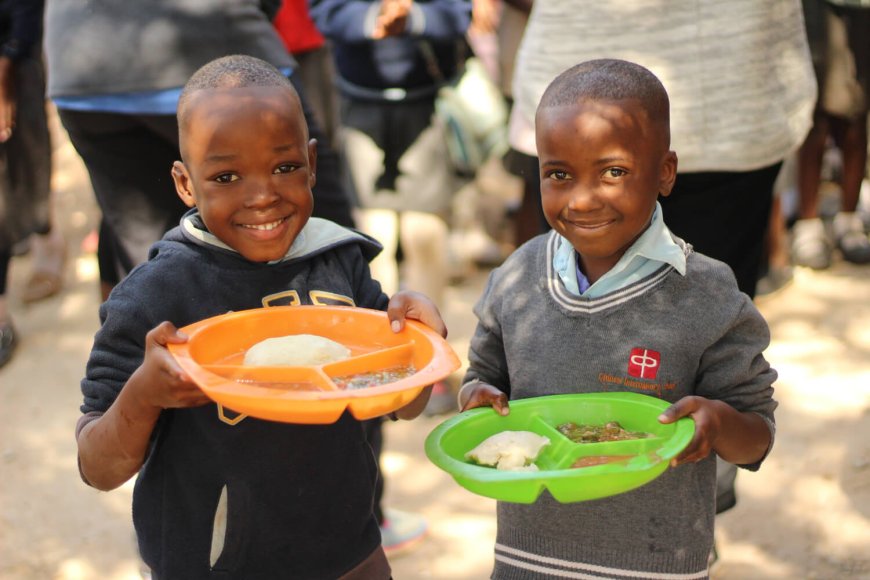Breaking the Cycle
This article explores the role of feeding programs in breaking the cycle of poverty among children in Mumbai, India, through the example of Raj, a boy who thrived after receiving school meals. The piece illustrates how such programs enhance educational engagement, empower families, and support local economies, ultimately promoting healthier, more educated communities and allowing children to pursue their dreams.

The Role of Feeding Programs in Education and Empowerment
Article:
In the heart of India, the vibrant city of Mumbai is bustling with energy. Yet, amidst this vibrancy lie countless children who must navigate the harsh realities of poverty. Many face hunger daily, compromising their ability to learn effectively. However, amid these struggles, feeding programs are not only addressing immediate hunger but are also breaking the cycle of poverty through education and empowerment.
Consider the story of Raj, a ten-year-old boy who, until recently, was caught in the trap of food insecurity. Living in a crowded slum, Raj often arrived at school with an empty stomach, feeling lethargic and disengaged. However, once his school adopted a feeding program, things began to improve for Raj and his classmates.
Every school day, Raj now looks forward to the warm, nutritious meals prepared by local volunteers. These meals, often featuring lentils, rice, and leafy greens, do more than just satisfy hunger—they fuel young minds and bodies. Raj, who once struggled to focus, is now an eager student, buzzing with energy and enthusiasm. His grades have surged, and he has even joined the school’s debate team, feeling empowered to express his views confidently.
Feeding programs are a vital intervention, providing food for thought and action. They not only ensure basic nutritional needs are met but also foster an environment conducive to learning. Teachers report noticeable improvements in student attendance and engagement, correlated directly to the meals provided. Abstaining from hunger boosts cognitive functions and memory, allowing children to absorb knowledge and skills effectively.
Moreover, feeding programs empower parents, too. When families know their children will receive nutritious meals at school, they are more inclined to send them to class rather than sending them to work to support the family. This shift leads to fewer children being forced laborers and more children receiving an education, which is crucial for long-term societal change.
Engaging local farmers and businesses in providing meals creates a circular economy that benefits the community as a whole. It promotes local agriculture, supports families economically, and cultivates a sense of ownership among community members. Parents often volunteer to help cook and serve meals, creating bonds and strengthening community ties.

The ripple effect of feeding programs extends beyond the classroom. Healthy, well-nourished children are more likely to grow into productive adults who can break the cycle of poverty for their families and communities. By focusing on education, health, and empowerment, feeding programs give children the tools they need to dream bigger, reach higher, and contribute positively to society.
In essence, feeding programs do more than fill bellies—they nourish minds, spirits, and aspirations. For children like Raj, the promise of a meal transforms barriers into pathways, where dreams are not just imagined but actively pursued. By investing in feeding programs, we take a significant step toward breaking the cycle of poverty and enabling the next generation to thrive.
What's Your Reaction?






































































































